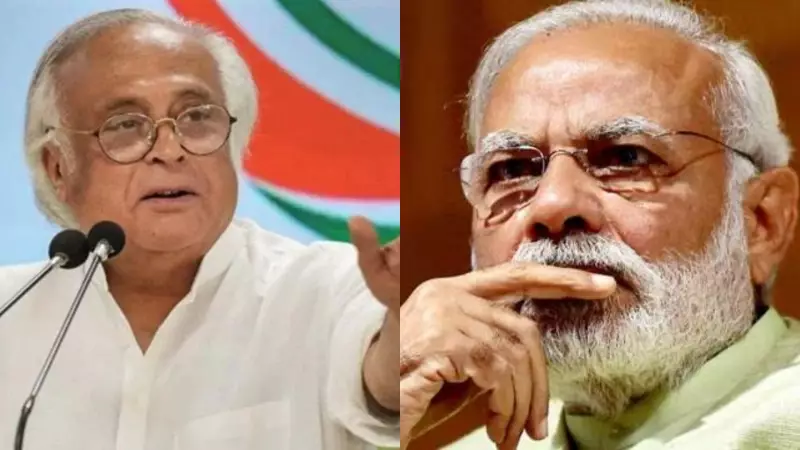
In a development that has ignited political debate, Prime Minister Narendra Modi will not be attending the upcoming ASEAN-India Summit in Malaysia, with External Affairs Minister S. Jaishankar representing India instead.
The Congress party has seized upon this decision, questioning the government's diplomatic priorities and commitment to India's 'Act East' policy. Senior Congress leader Jairam Ramesh took to social media to highlight what he called a "pattern" of missed international engagements.
Diplomatic Representation or Missed Opportunity?
While official sources maintain that Minister Jaishankar's representation is standard diplomatic practice for such forums, the opposition argues that the Prime Minister's absence sends the wrong signal about India's engagement with Southeast Asian nations.
The ASEAN-India Summit comes at a crucial time when regional dynamics are shifting, and India's role in the Indo-Pacific region is increasingly significant. The summit serves as a key platform for discussing trade, security cooperation, and regional stability.
Congress's Pointed Questions
Congress leaders have raised several concerns about the Prime Minister's decision:
- Why skip an important regional summit after recently attending the G20 and other international gatherings?
- Does this indicate a shift in India's foreign policy priorities?
- What message does this send to ASEAN partners about India's commitment to the region?
The political party emphasized that consistent high-level engagement is crucial for maintaining India's strategic interests in Southeast Asia.
Government's Stance and Regional Implications
Government sources have defended the decision, noting that External Affairs Minister Jaishankar is fully capable of representing India's interests and that such ministerial-level representation is not uncommon in international diplomacy.
However, analysts note that the ASEAN region represents one of India's most important trading partners and strategic allies. The timing of this decision, coming after other recent diplomatic engagements by the Prime Minister, has made it particularly noteworthy.
As India continues to navigate complex international relationships, this development raises important questions about how the country balances its diplomatic resources and priorities on the global stage.





